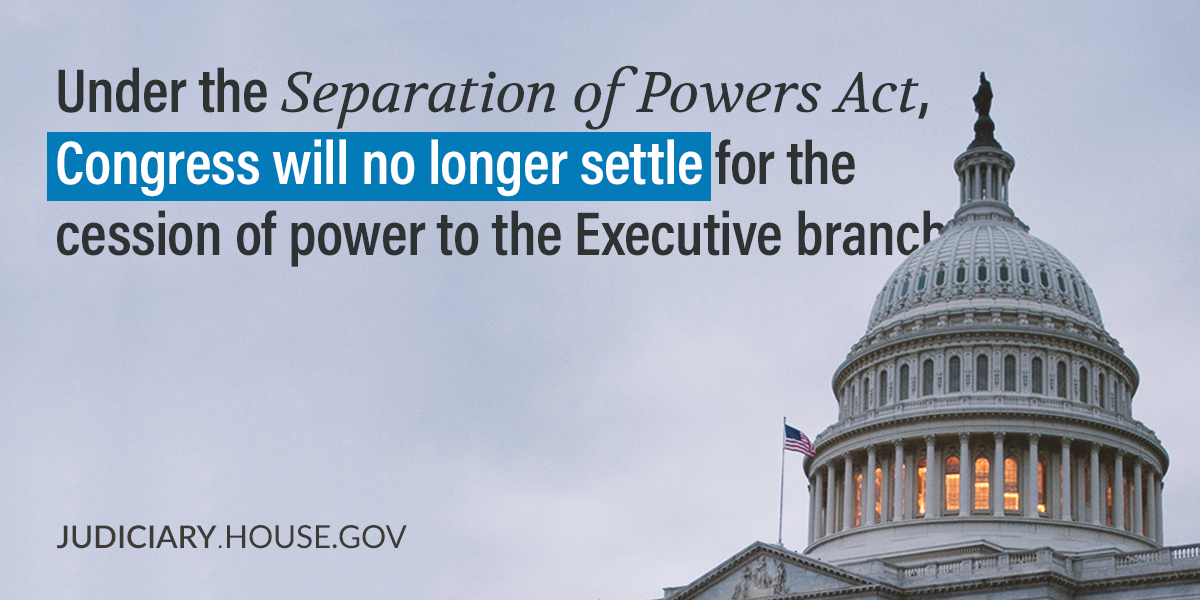|
Today, U.S. Congressman Paul A. Gosar, D.D.S. (AZ-04) released the following statement after the House successfully passed H.R. 4768, the Separation of Powers Restoration Act, which aims to restore the original balance of power between the three branches of government and puts a stop to the expansion of federal bureaucracy:
“Few states across the country have experienced the harmful consequences that out-of-control federal agencies have inflicted on hard-working citizens the way Arizona has. From the EPA’s lawless water grab to the VA Scandal in Phoenix, to Obama’s executive amnesty orders, unelected and unaccountable bureaucrats have taken on a power that was not granted to them by our Founding Fathers in the Constitution. Sadly, the blame for this overreach ultimately falls on Congress, Republicans and Democrats alike, which over the course of many decades has slowly abdicated its legislative power.
“We see this relinquishment every time Congress fails to pass a budget or follow regular order. Federal agencies have taken advantage of Congressional inaction and hijacked the power of the legislative branch to make and implement endless regulations with no accountability. Therefore, it only makes sense that Congress fix this problem and rein in the legal precedent that established the ‘Chevron doctrine.’ The power to determine ambiguous laws should always rest in the hands of the Judicial branch, not in the hands of lawless bureaucrats like Lois Lerner, Eric Holder or Gina McCarthy. The Separation of Powers Restoration Act boldly reclaims our system of checks and balances and puts a stop to overreaching executive orders and lawless regulations that infringe on our Constitution.”
Background:
Congressman Gosar is an original cosponsor of the Separation of Powers Act which has 113 cosponsors. The full text of the legislation can be found HERE.
(Courtesy of the House Judiciary Committee)
Since the Supreme Court case of Chevron U.S.A., Inc. v. Natural Resources Defense Council, 467 U.S. 837 (1984), the courts have regularly deferred to agency interpretations of any ambiguities or gaps in statutes the agencies administer.
Taking things one step further in the wrong direction, the Auer v. Robbins, 519 U.S. 452 (1997) case deferred to agencies when they write vague regulations and then reinterpret them at their whim.
The bottom line effect of this is to further accelerate the overreach of the Executive branch, because the Judiciary provides no real check and balance on overreaching agencies.
The Separation of Powers Restoration Act overturns Chevron, which requires the courts to review afresh all questions of law involving the interpretation of statutes.
Overturns Auer, which requires the courts to review anew all pure questions of law involving interpretations of agency regulations.
Explicitly extends the coverage of these requirements to judicial review of agency actions under the Administrative Procedure Act and to judicial review under the various mini-APAs scattered across the U.S. Code (e.g., the Clean Air Act’s mini-APA, 42 U.S.C. sec. 7607).
Together, these reforms will assure that the Judiciary once again provides a vigorous check and balance against overreaching federal regulatory agencies.
|

